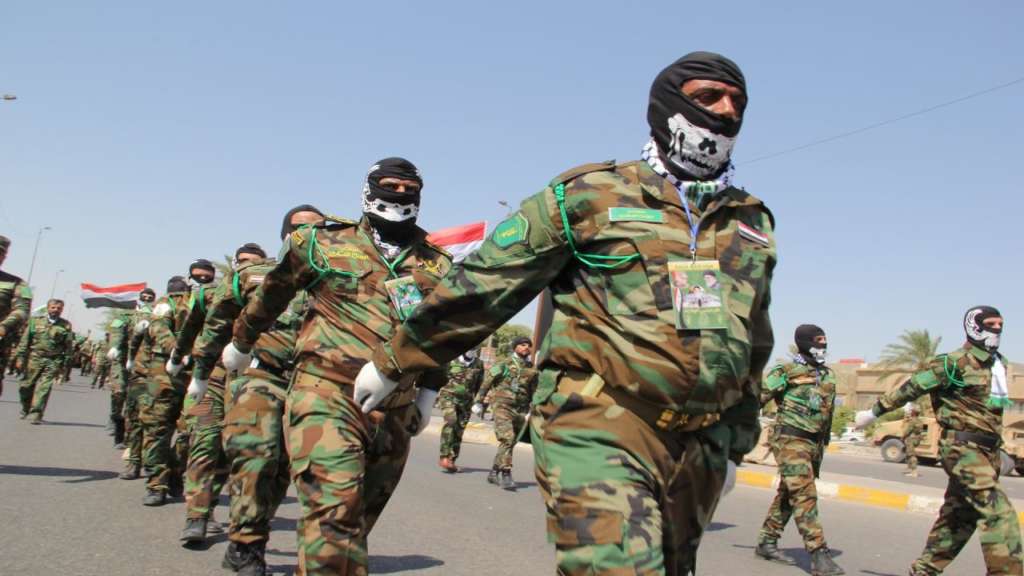Baghdad- Shi’ite on Shi’ite conflict in Iraq has been escalating amidst fierce parliamentary and government clashes. Iraqi sources told Asharq Al-Awsat newspaper they fear the clashes may turn into a military conflict, as scores of militias and Shi’ite conflicting parties roam the streets of Iraqi cities fighting for dominance.
Sources confirmed that militias affiliated with National Iraqi Alliance (NIA), which is largely composed of Shi’ite Islamist parties, have gained influence across the Iraqi street. In light of the mounting tension among Shi’ite components in the Iraqi administration, mercenaries left loose on the streets are dreaded to spiral matters from bad to worse.
Most concerns have risen after a number of Shi’ite party leaderships made high-toned threats against the current Iraqi Prime Minister Haider al-Abadi, who had recently signed on the resignation of NIA ministers without negotiating their stay.
Abadi had accepted the resignation of Iraqi Minister of Interior Mohammed Al-Ghabban, Finance Minister Adil Abdul-Mahdi, Minister of Transport Baqir Jabr al-Zubeidi and three other Sadrist party ministers.
Sadrist party leader and Shi’ite cleric Muqtada al-Sadr, who self-identifies as a sponsor of reform, had demanded that corrupt ministers who recently resigned must be put to trial and held accountable for their crimes.
Sadr also defended the angry crowds of his supporters who had broken into the Green-Zone in Baghdad and taken over the parliamentary building on April 30 and the General Secretariat for the Council of Ministers on May 20 earlier this year.
Recent incidents of killings, abduction and armed robbery taking place in Baghdad featuring the usage of heavy weaponry reveals the deteriorated and precarious state of security in the Iraqi capital.
